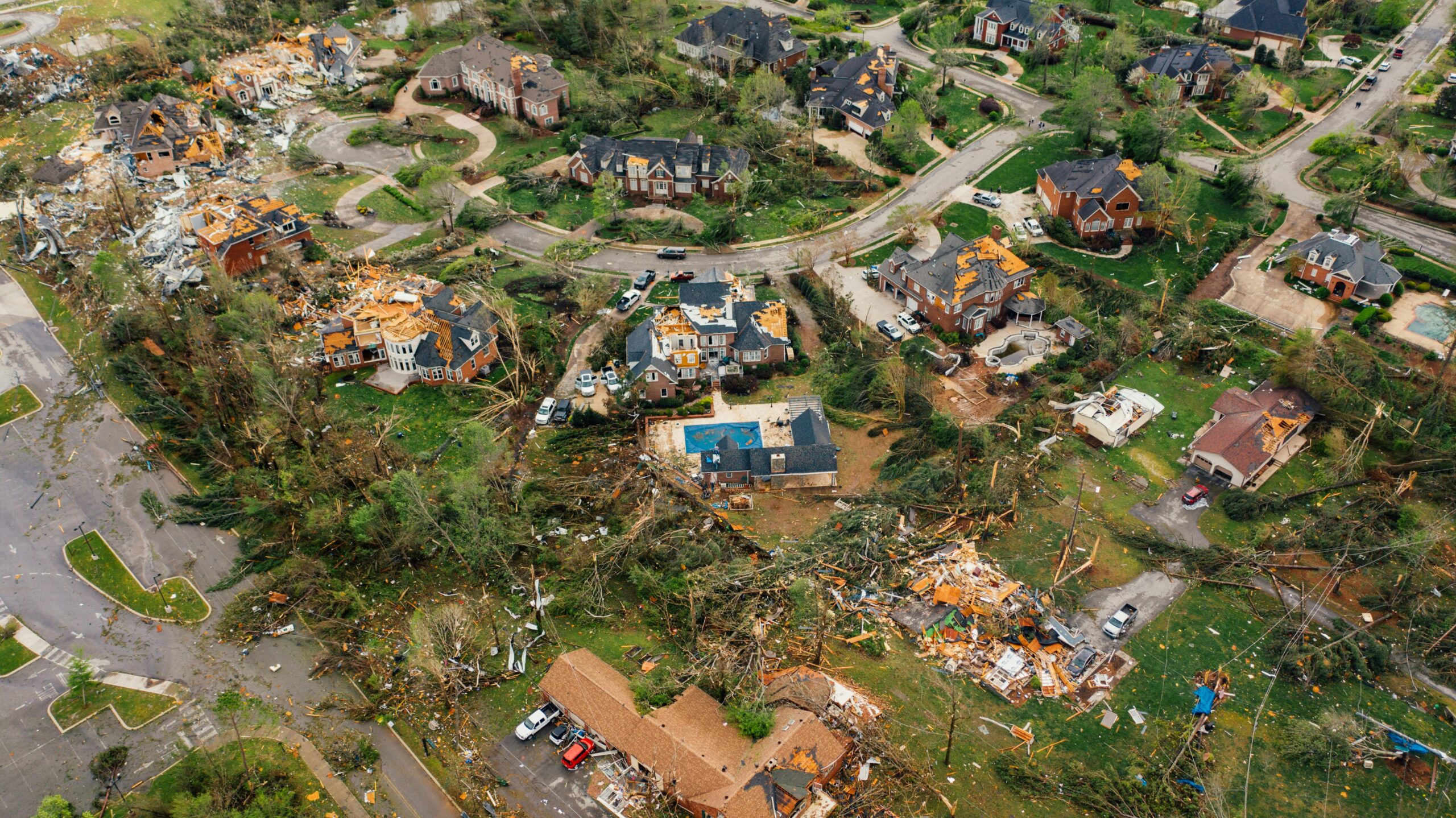By: Kerry Ding
Beryl, currently a tropical storm and a former Category 1 hurricane, is ravaging eastern Texas this morning, knocking out power for more than two million people. As of July 9th, 2 PM EST, we have confirmed that at least two people have been killed by fallen trees.
Beryl, originally forming in the Southern Caribbean, has already hit Texas, first severely damaging Galveston, and bringing back memories of the Great Storm of 1900. However, the rain has mostly stopped in Galveston, because it is heading for Houston. Rain has also stopped in Corpus Christi, where the effects of Beryl are less noticeable.
The effects of the storm are clearly seen by the power outages. Nearly every city and suburb in the path of Beryl has experienced some outages. According to PowerUutage.us, more than 2.6 million people lost their power as of July 9th, 2 PM EST. Many cities will suffer severe damage like broken glass, flooding, trees falling, and damaged buildings.
It is unknown how many people have died, but currently, there were two reported deaths. This includes a 74-year-old woman in northern Houston and a man who lived in the Atascocita area north of Houston. Both were killed by trees that fell onto them.
Beryl is expected to go deeper into the US to Arkansas and northern Louisiana. It has currently just passed by Houston and is continuing its journey north. More information is available here.
What is the reason for these storms? The number of tropical storms and hurricanes has picked up in the last 100 years, largely in correlation with the industrialization of many countries such as China, India, South Korea, Japan, and Vietnam. Industrialization has caused increased levels of dangerous chemicals to be released by factories, cars, homes, and farms. This has heated the ocean through the greenhouse effect, causing an increase in the frequency and intensity of storms. Now, places like the Caribbean, Florida, and Texas are experiencing yearly storms, when they historically have rarely experienced such powerful storms so frequently.
Image Credit by Kelly











